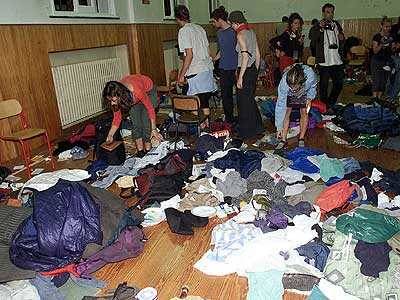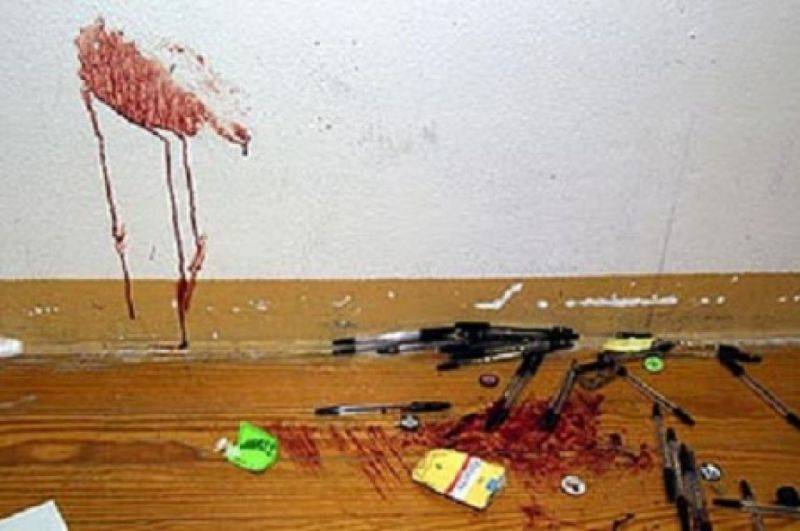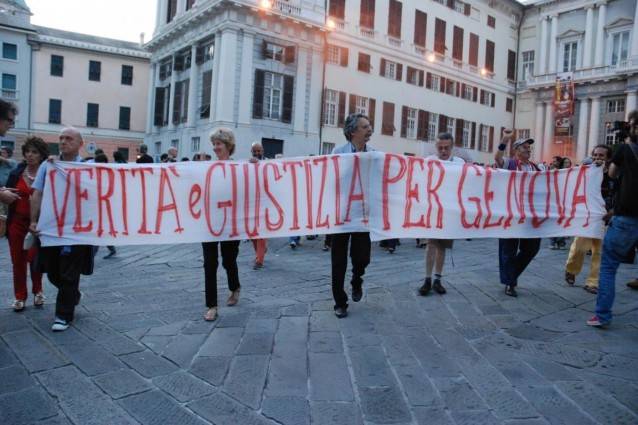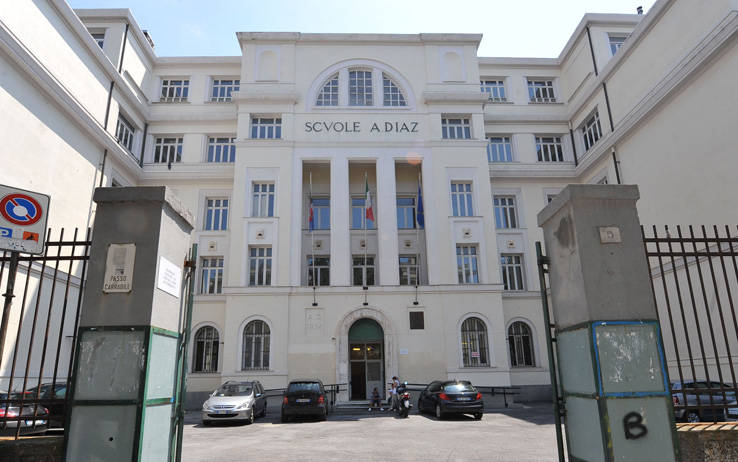The Diaz Case is Closed: 25 Officers Condemned, None Will Be Jailed
The final sentence on the Diaz case was issued yesterday by Italy’s Court of Cassation. The case refers to the late-night police raid in the Armando Diaz High School in Genoa during the G8 Summit in 2001, where 82 no-global activists were hurt and 63 were left in need of hospital treatment. 25 policemen and senior officers were found guilty.
The raid of the Armando Diaz High School, which constituted a shelter for anti-globalization protesters during the days of the G8, was justified by the police by saying that weapons were found at the school and that the protesters had previously attacked police officers earlier that day, July 21, 2001.
Among the condemned, senior officers Francesco Gratteri, Giovanni Luperi, Giberto Caldarozzi and Vincenzo Canterini, were accused of signing false reports covering up the police’s beating.
Later investigations in fact proved that the protesters, many of whom from Britain, Poland and Ireland, had not used violence against the policemen, who tried to incriminate them by staging a knife attack and planting two Molotov cocktails at the school.
Gratteri, now in charge of the national criminal investigation unit of the Polizia, was condemned to 4 years, as well as Luperi, currently the chief of the Analysis Department at AISI, Italy’s domestic intelligence agency. Canterini, former manager of the Mobile Police Squad in Rome, was condemned to 5 years. Caldarozzi, chief of the Central Operative Service (SCO). All of the above convicted, holding executive positions in the Italian Police, will be banned from service for 5 years.
Among the other condemned officers are the members of the Mobile Squad Filippo Ferri, Massimiliano Di Bernardini, Fabio Ciccimarra, Nando Dominici, Spartaco Mortola, Carlo Di Sarro, Massimo Mazzoni, Renzo Cerchi, Davide Di Novi, Salvatore Gava and Pietro Troiani. They were all sentenced to 3 years and 8 months.
Even if this sentence puts an end to a legal controversy that lasted for 11 years, the Italian statute of limitations decrees that the guilty officers won’t be imprisoned, as too much time passed since when the crimes were committed.
Particularly shocking is the fact that the offences committed by the officers from the VII Nucleo Speciale Mobile, the Polizia squad responsible for the assault charged with aggravated lesions, were status-barred. The agents belonging to this number are Fabrizio Basili, Ciro Tucci, Carlo Lucaroli, Emiliano Zaccaria, Angelo Cenni, Fabrizio Ledoti, Pietro Stranieri, Vincenzo Compagnone.
The total number of officers involved in the Diaz operation was 300.
Nevertheless, the reactions to the sentence by the activists’ lawyers, as reported by the Italian press, have been positive. Lawyer Emanuele Tambuscio told Il Corriere della Sera that “Justice was made. It took 11 years to reach this verdict but such a severe conviction for top-rank public officers is something unprecedented in Western democracies.”
Lawyer Francesco Romeo noted that “The chain of command was condemned and that is a very important result, but the Diaz case will forever be a dark chapter in the life of the Italian democracy and the fact that the Italian Parliament didn’t form a board of enquiry to establish the political responsibilities of the event is shameful.”
The victims of the assaults will now be able to obtain their indemnifications, and the Italian Ministry of Interior can now open disciplinary cases against the 25 convicted, notwithstanding the status-barring of the crimes.
A voice of dissent on the fairness of the sentence is the one of British activist Mark Covell, who had eight broken ribs and a shredded lung during the police beating and was left in a coma. Covell told the Guardian that the verdict is “legal history,” for which he is “overjoyed,” but he added: “they did try to kill me and none are going to jail, so is this justice?"








































i-Italy
Facebook
Google+
This work may not be reproduced, in whole or in part, without prior written permission.
Questo lavoro non può essere riprodotto, in tutto o in parte, senza permesso scritto.